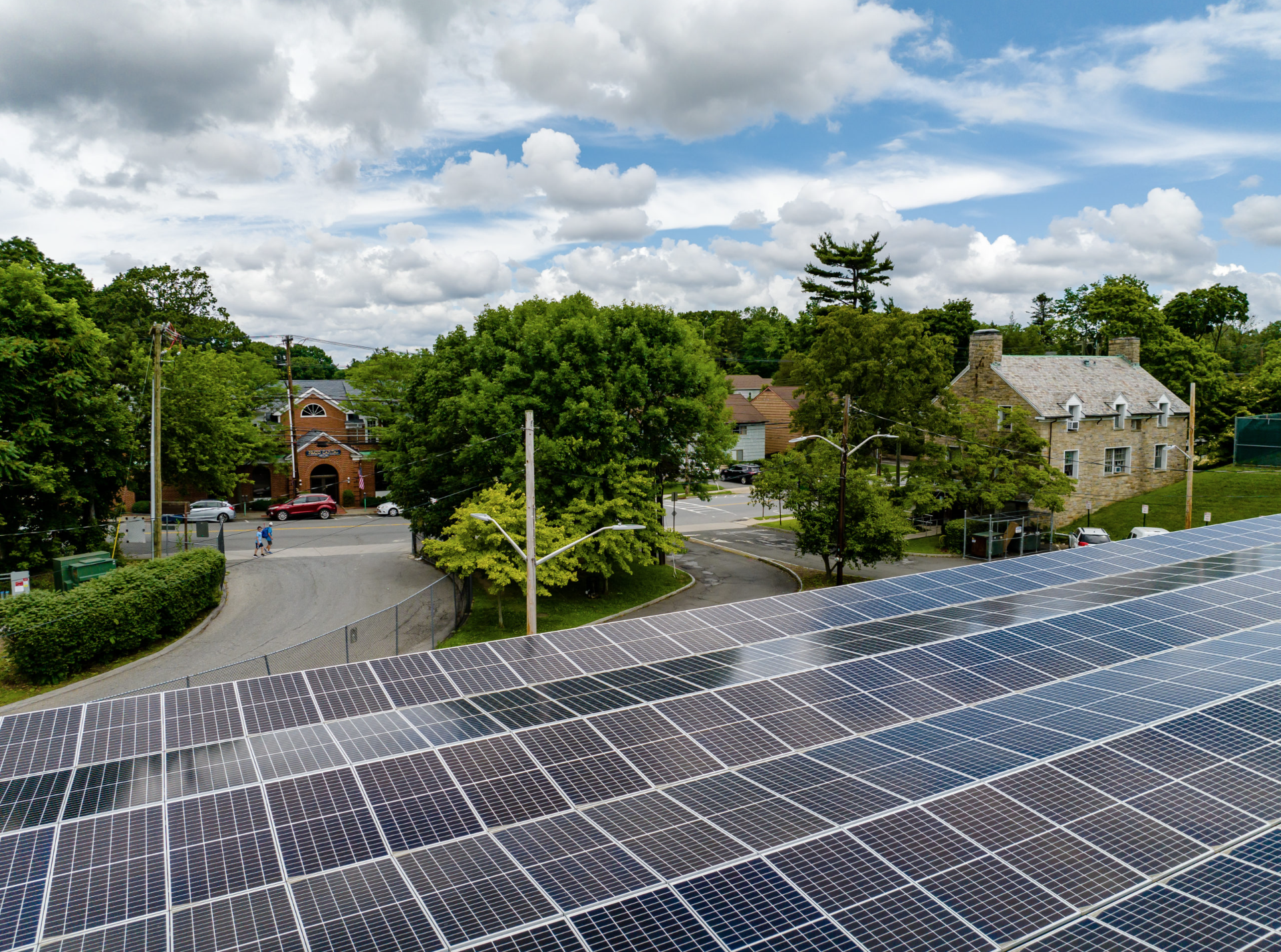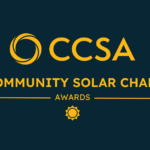Economic Analysis Shows Expanding Shared Solar Would Generate 12,000 New Jobs and $5.6 Billion in Economic Activity
Poll Shows 61 Percent of Virginians Support Cutting Barriers to Shared Solar
RICHMOND, Va. — A new economic study released today by the Coalition for Community Solar Access (CCSA) showed that reducing barriers in Virginia that block consumers from participating in shared solar programs would generate over 12,000 new jobs and cultivate $5.6 billion in economic activity over the next 30 years. New solar developments can also be constructed on marginal land, paying landowners, including generational family farms, an estimated $12 million in annual lease payments.
At the same time, the Coalition also released the results of a new poll, which showed a bipartisan demand for shared solar in Virginia. The majority of respondents, with a breakdown of 76 percent of Republicans, 61 percent of Democrats and 62 percent of Independents, said they support Virginia’s energy plan to remove barriers to accessing alternative energy resources, including shared solar. Not only did the majority of respondents from all political parties express a need for shared solar in Virginia, but 64 percent of Republicans, 72 percent of Independents, and 78 percent of Democrats, want their legislators to consider all of the benefits of a Virginia shared solar program, not just the direct energy program costs. In a Commonwealth that is deeply divided, that is an overwhelming consensus.
Despite political party affiliation, survey results showed that an overwhelming 63 percent of respondents rank it “very important” that their elected representatives make delivering solutions to increasing energy costs a top priority. Across party lines, participants admitted to experiencing financial hardships due to the rapidly rising energy costs, reporting that they have had to cut back on household expenses, such as spending less on food and even delaying paying their bills.
Currently, a misguided and unsubstantiated minimum bill fee and a program capacity cap for shared solar projects prevent subscribers from adopting shared solar and developers from entering the state. These policies restrict communities and businesses’ access to solar energy, while also hindering industry-wide competition and consumer choice.
“Shared solar gives Virginians the ability to save money on their energy bills while supporting clean energy,” said Charlie Coggeshall, CCSA’s Mid-Atlantic Regional Director. “Virginia lawmakers should strive to deliver energy solutions that will reduce economic hardships in the Commonwealth – not supporting barriers to this clean energy alternative.”
Due to its small-scale nature, shared solar can also benefit Virginia’s energy infrastructure by strengthening the power grid and making it more resilient against large-scale disruptions. It also avoids transmission and distribution investments, all while offsetting volatile fuel costs.
“It’s clear that Virginians want access to shared solar. Constituents need to contact their lawmakers in Richmond to urge them to pass legislation that allows shared solar to flourish and supports the Commonwealth’s ‘all-of-the-above’ energy strategy,” said Karla Loeb, Head of Government Affairs for Arcadia, a CCSA member. “Virginians should have the opportunity to freely choose their energy source, work sustainable jobs, lease their land to solar developments, and live in a state with a power grid that’s resilient and reliable.”
CCSA is currently working with shared solar developers, lawmakers, and community stakeholders to ensure Virginians are no longer prevented and deterred from subscribing to shared solar.
###




